Self-Publishing
Why one-third of writers are taking publication into their own hands.

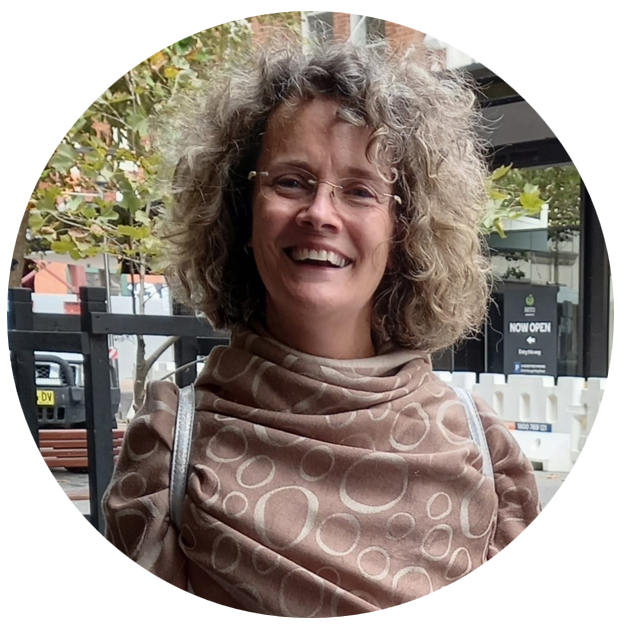
April Jaeger, Newcastle writer. (Photo by Isabella Bergamo)
April Jaeger, Newcastle writer. (Photo by Isabella Bergamo)
In 2003, Newcastle author April Jaeger wrote a novel. Now, 20 years later, she is finally ready to send it out into the world through self-publication.
Back when she wrote her novel, Jaeger planned on going through traditional means of publication. However, she quickly discovered that this limited her control over the final product. “I felt like I no longer had ownership or control of that piece of writing. It was being held captive by someone else and it wasn’t being shared the way I wanted it to be shared,” she said.
However, with the rise in popularity of self-publication, Jaeger now has a new path available to her in her publication journey, one that allows her far greater control over her novel.
“I felt like I no longer had ownership or control of that piece of writing. It was being held captive by someone else and it wasn’t being shared the way I wanted it to be shared.”
- April Jaeger

Self-publication is as it sounds; an author taking the publication of their novel into their own hands and directly commissioning books to be prepared.
It is possible for authors to gain incredible success from self-publication. The Adventures of Huckleberry Finn by Mark Twain and The Tale of Peter Rabbit by Beatrix Potter are two such examples of self-published books that were exceptionally successful and continue to be well received even over a hundred years after their initial publication. This method of publication was traditionally far more expensive than working with a publishing company, since the entire cost of book creation was on the author instead of the company. There was also typically a minimum commission, often reaching thousands or tens of thousands of books per run.
However, in more recent years, this cost has dropped from thousands of dollars to as low as $500. This is as a result of book presses allowing smaller quantities of books to be commissioned per run. Now, authors have the option to commission as few as 10 books at a time.
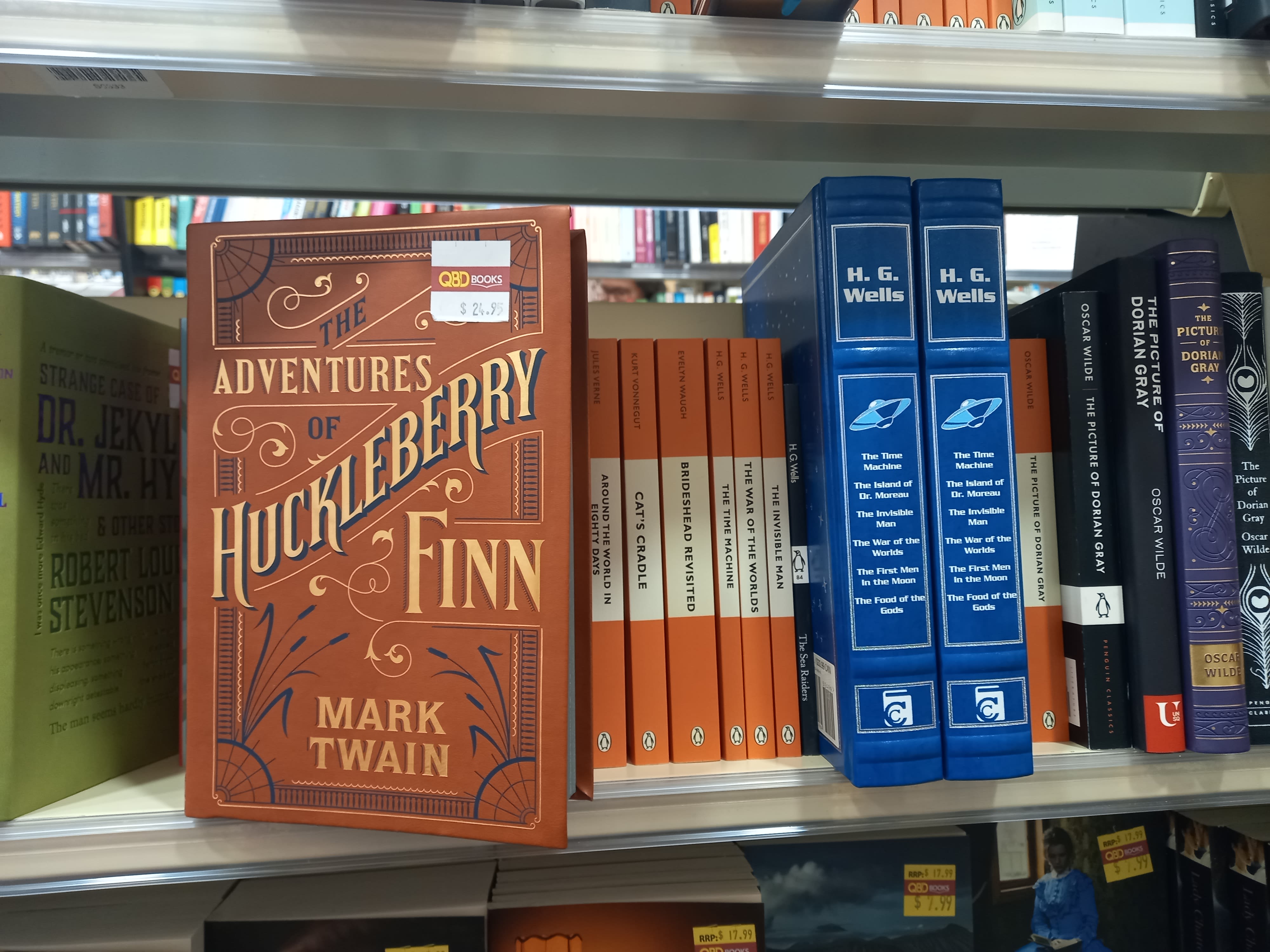

This, along with the time freedom that the Covid pandemic provided, has led to an increase in self-publication. Approximately one-third of authors have self-published at some point in their career, according to the 2022 National Survey of Australian Book Authors.
Just as with any trend that becomes popular in the public eye, an industry has grown up around self-publication. Rack & Rune, a Newcastle based self-publication company provides support for authors looking to self-publish. Graham Davidson, the founder of Rack & Rune, says his company started to support and enable people to publish their novels without the exorbitant cost commonly associated with traditional publishing companies.
He recalls a customer of his whose novel details overcoming the suicide of their son. The novel attempts to act as a self-help book for others going through the same scenario and a guide for outsiders on how to interact with people struggling with grief over a close family member committing suicide. Graham says that “being able to have a hand in doing things like that just feels like such an incredible privilege.”
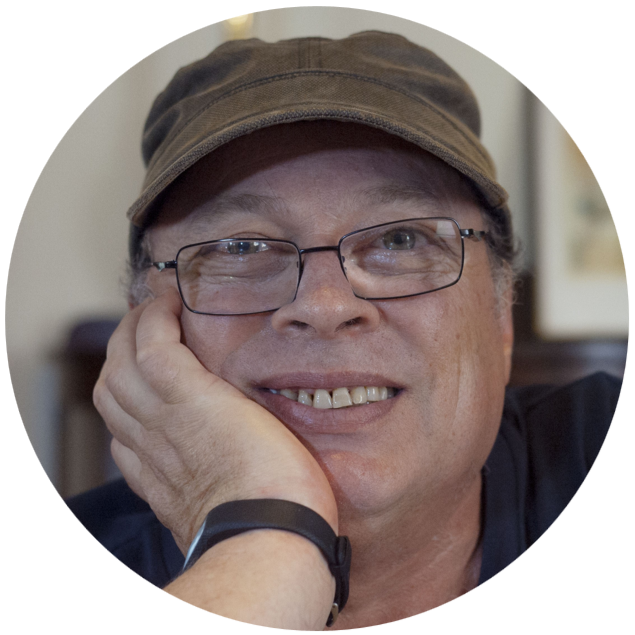
Graham Davidson, founder of the IF Maitland Writers Festival and Rack and Rune Publishing. (Photo supplied)
Graham Davidson, founder of the IF Maitland Writers Festival and Rack and Rune Publishing. (Photo supplied)
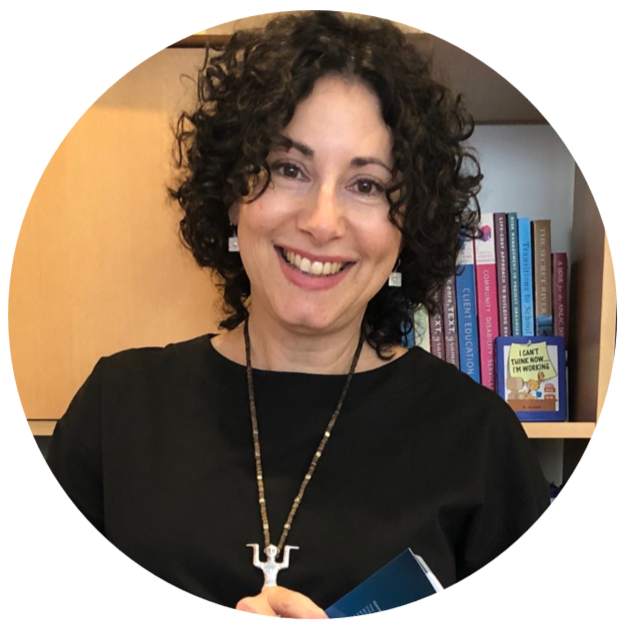
Debbie Lee, Senior Manager for the Ingram Content Group and founder of The Book Maven consultancy. (Photo supplied)
Debbie Lee, Senior Manager for the Ingram Content Group and founder of The Book Maven consultancy. (Photo supplied)
However, self-publication does take away one significant aspect of authors getting their books out there: easy marketing. Due to the lack of company connections, authors who self-publish are required to market their own book, often to a significantly smaller platform than they would otherwise have access to.
As a result, it is significantly more difficult for self-published authors to ‘make it big’. For these authors to reach a larger market than just their family and close friends, they need to pour hours of work into marketing. This often involves making their own website and attending festivals and writing events.
According to Debbie Lee, Senior Manager for the Ingram Content Group, and founder of The Book Maven consultancy, “the marketing actually starts before the book's published.” By having support and building connections, authors are better able to market their books.
For a lot of self-published authors however, fame is not their motivation for publishing. Instead, their goal is to allow their ideas and messages to be out in the world for readers to see. For Jennifer Reid, a mature aged student of English at the University of Newcastle and a self-published author, the motivation for making a book was simple.
“I had all these drawings. A lot of them are only little, tiny thumbnails. They're all on different mediums. And I thought, what am I going to do with them? And I set out to do a story. I just like making books,” Reid says.
She sells her books to anyone who’s interested, often taking trips down to the quarterly Artisan Markets in Glebe and setting up a stall for her books. It’s not always profitable. “The last two times we sold nothing because no one wants to buy art.” But this doesn’t deter Reid. So far, she has only sold around 20 copies of her book. But that’s enough for her. The reactions and responses to her book from her close friends and family are more than enough for her to already be considering making more books.
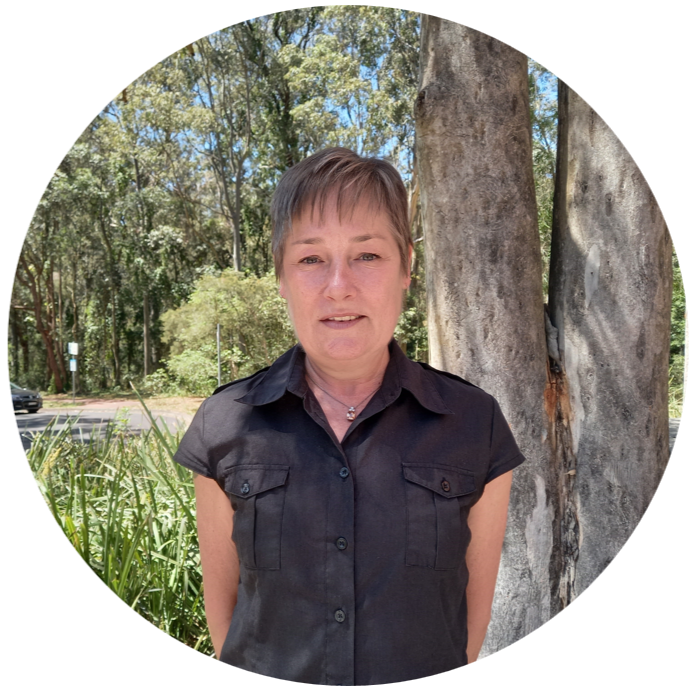
Jennifer Reid, Newcastle writer. (Photo by Isabella Bergamo)
Jennifer Reid, Newcastle writer. (Photo by Isabella Bergamo)
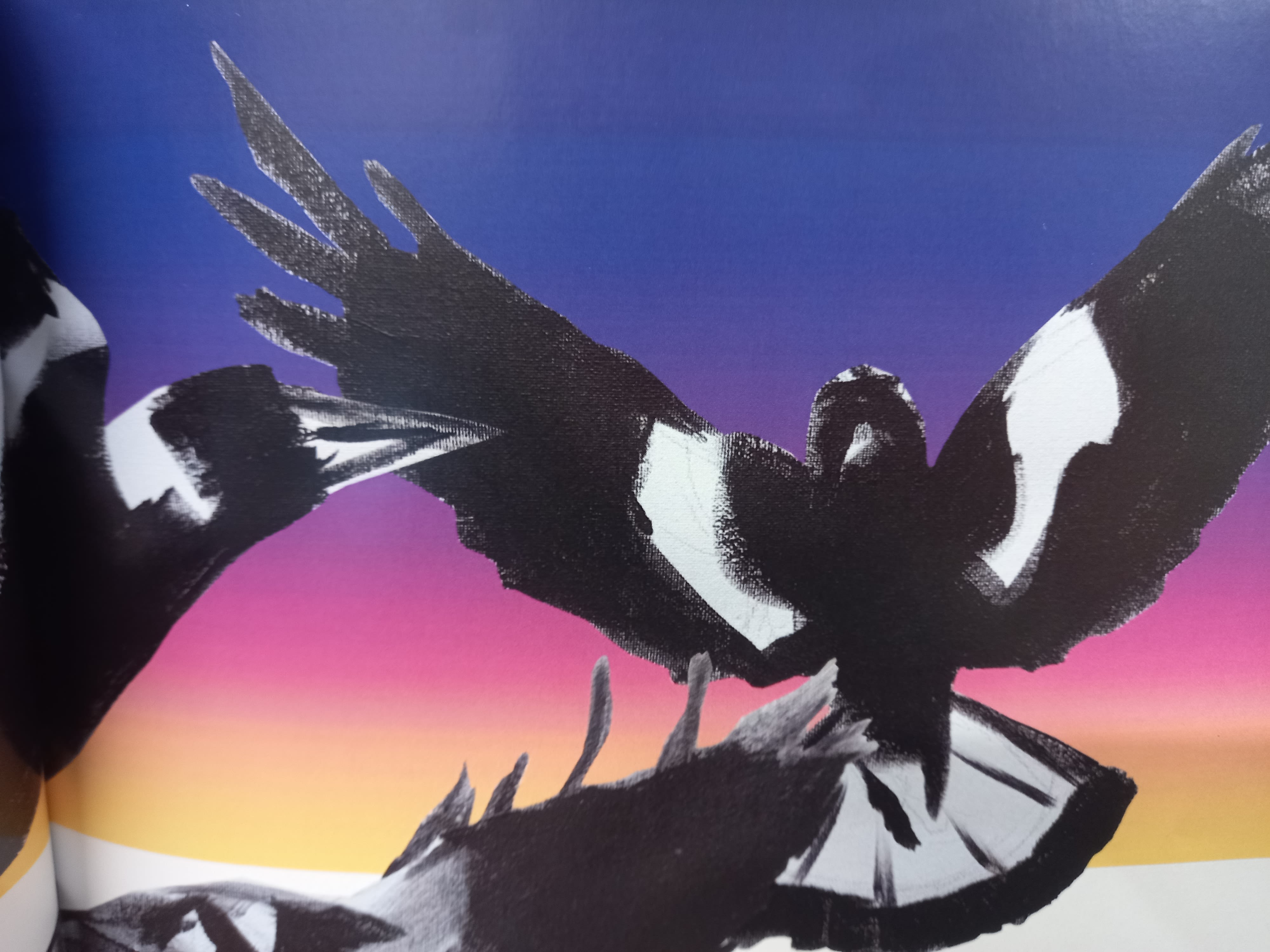
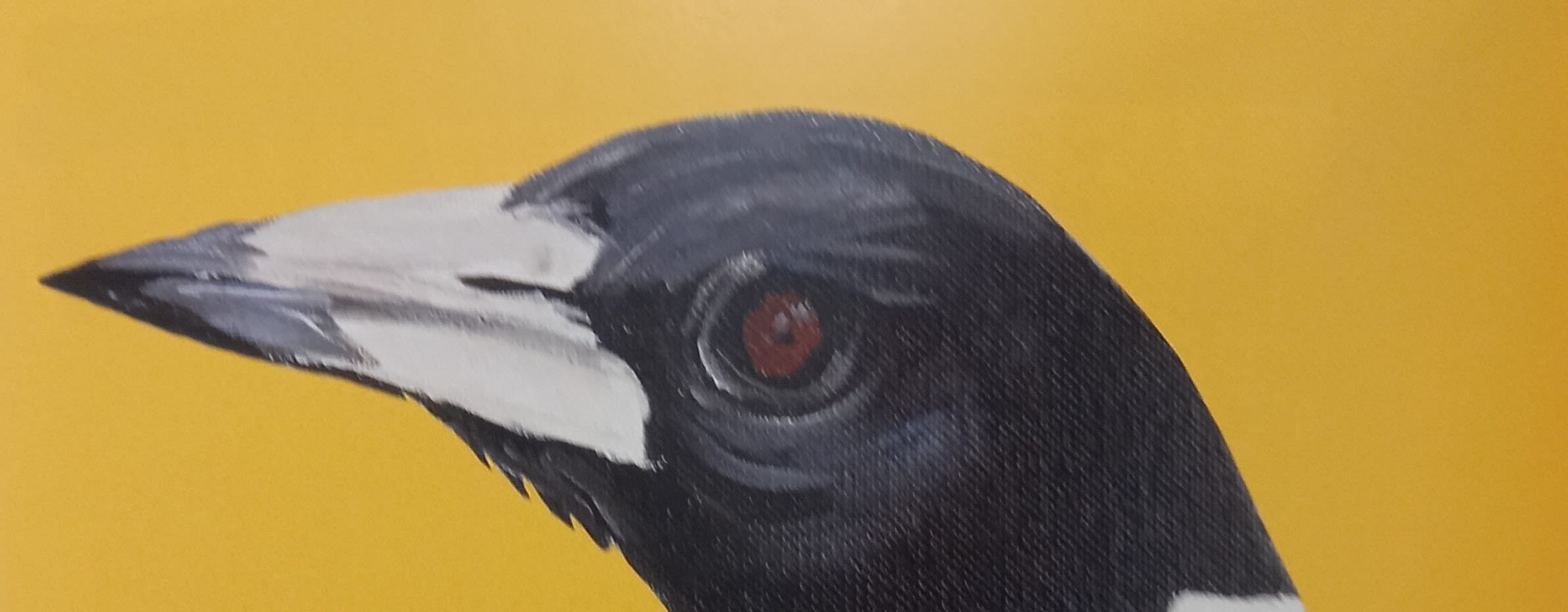
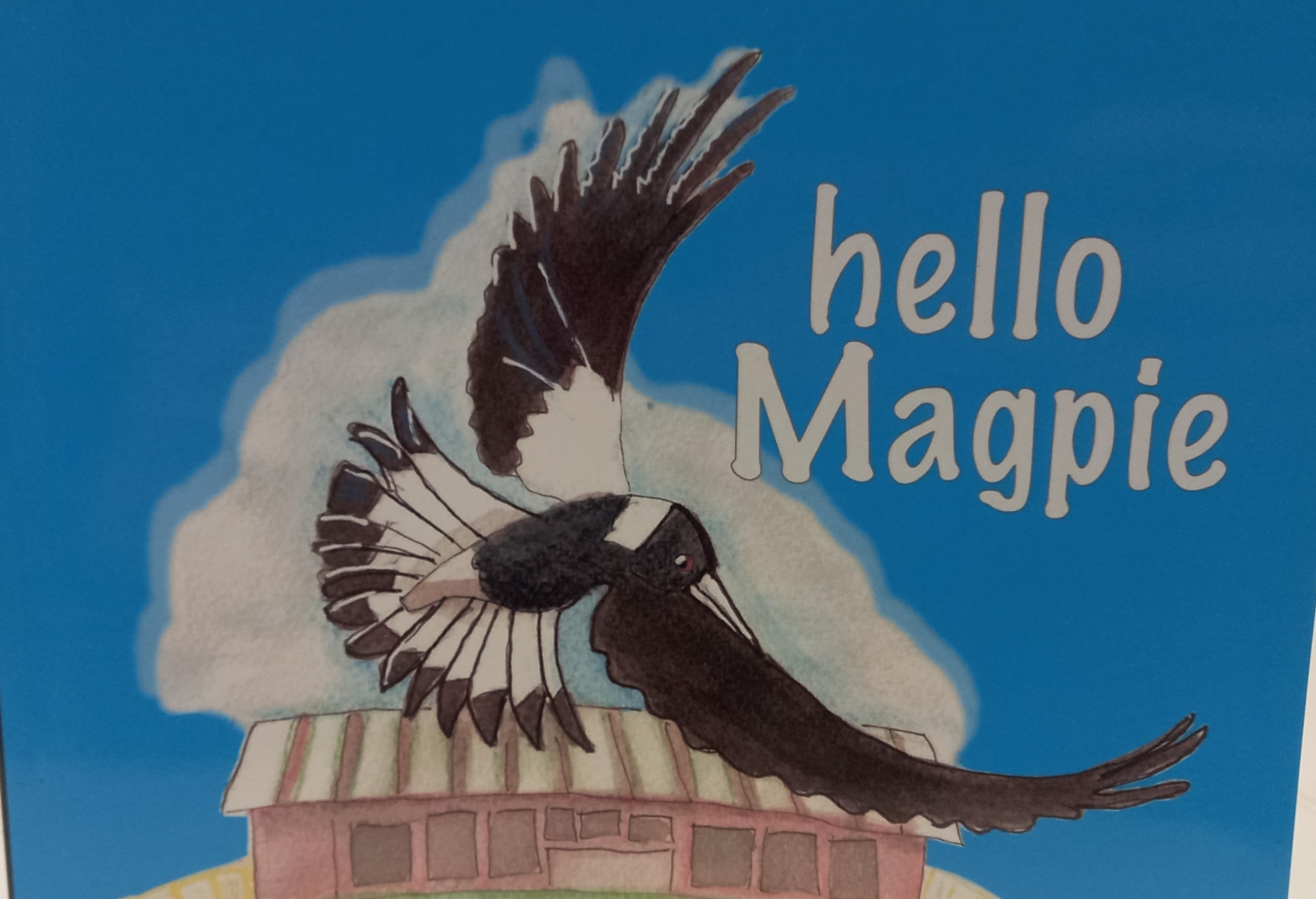

"Hello Magpie" by Jennifer Reid. (Photo by Isabella Bergamo)
"Hello Magpie" by Jennifer Reid. (Photo by Isabella Bergamo)

"Hello Magpie" by Jennifer Reid. (Photo by Isabella Bergamo)
"Hello Magpie" by Jennifer Reid. (Photo by Isabella Bergamo)

"Hello Magpie" by Jennifer Reid, front cover. (Photo by Isabella Bergamo)
"Hello Magpie" by Jennifer Reid, front cover. (Photo by Isabella Bergamo)
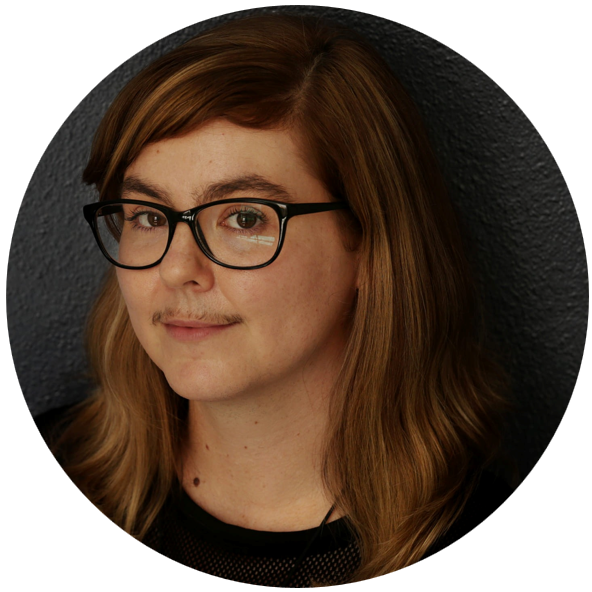
Bastian Fox Phelan, Newcastle writer. (Photo supplied)
Bastian Fox Phelan, Newcastle writer. (Photo supplied)
One young self-published author who has carved out a place for themselves is Newcastle resident Bastian Fox Phelan. Phelan produces zines, short magazine-like publications.
They believe that self-publication provides writers with a supportive community that traditional publication is incapable of offering. “Zines have their own little community surrounding them, so most of what you encounter is very positive.” They also state that zines, and self-publication as a whole, are low risk and high reward as they are created from materials found at home and for the enjoyment of the author more than potential readers.
By high reward, Phelan does not mean monetary gain. Graham Davidson compares self-published authors to musical artists. “There's only ever going to be a small handful of people who become like Paul McCartney or Elton John. But there's a lot of people who really want to,” Davidson says. The majority of people who self-publish will at best make enough to go some way towards paying off their mortgage. Instead, their reward is the knowledge that their book is out in the public.
“You're never going to have the chance of becoming a big success if you don't get the book out there.”
- Graham Davidson

Self-publication also provides a good entry point into the writing industry for young and beginner authors. Phelan was heavily involved in the National Young Writer’s Festival, an event recently held in Newcastle, dedicated to providing guest talks and workshops to provide support for the next generation of authors. This event is just one of many that encourage young people to take the leap and publish their ideas. Phelan believes that self-publication is “a way into the writing scene and a way to make connections and share your work.”
However, Phelan does caution that to make a career out of writing, self-publishing is not the best long-term option. “If you’re working on a more ambitious project like a book and you want a career as a writer, it’s good to explore all of your options, including getting an agent and finding a publishing house.”
Davidson believes it is still too early to know the future popularity of self-publication. Despite Covid leading to a dramatic rise in people writing stories and looking to self-publish, this popularity was short lived.
This led to the issue that while self-publishing meant anyone could publish, it also meant that anyone could publish. As Davidson states, “there's a lot of garbage.” The freedom that allows people to publish books that deserve recognition, also allows people to publish poorly written books or books that include harmful content.
However, in more recent months, Davidson has noticed a drop in people approaching Rack & Rune regarding self-publication. “It’s starting to settle down there and it's returning more to the people who are really serious about self-publication.”
The amount of effort required to self-publish acts as a deterrent for people simply looking to write and publish a book with little to no struggle. This helps push down the amount of “garbage” and elevate the hidden gems in self-publication.

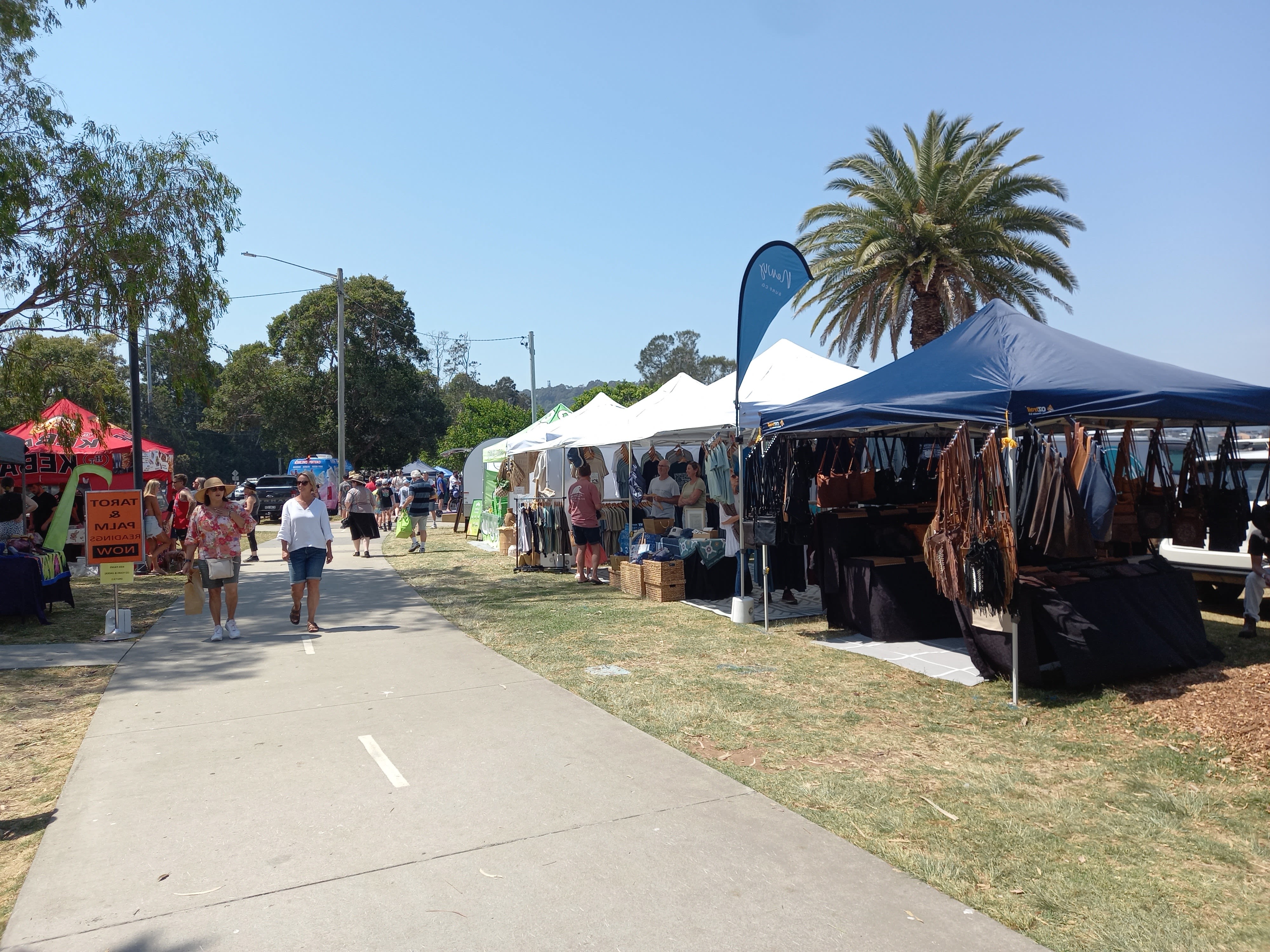

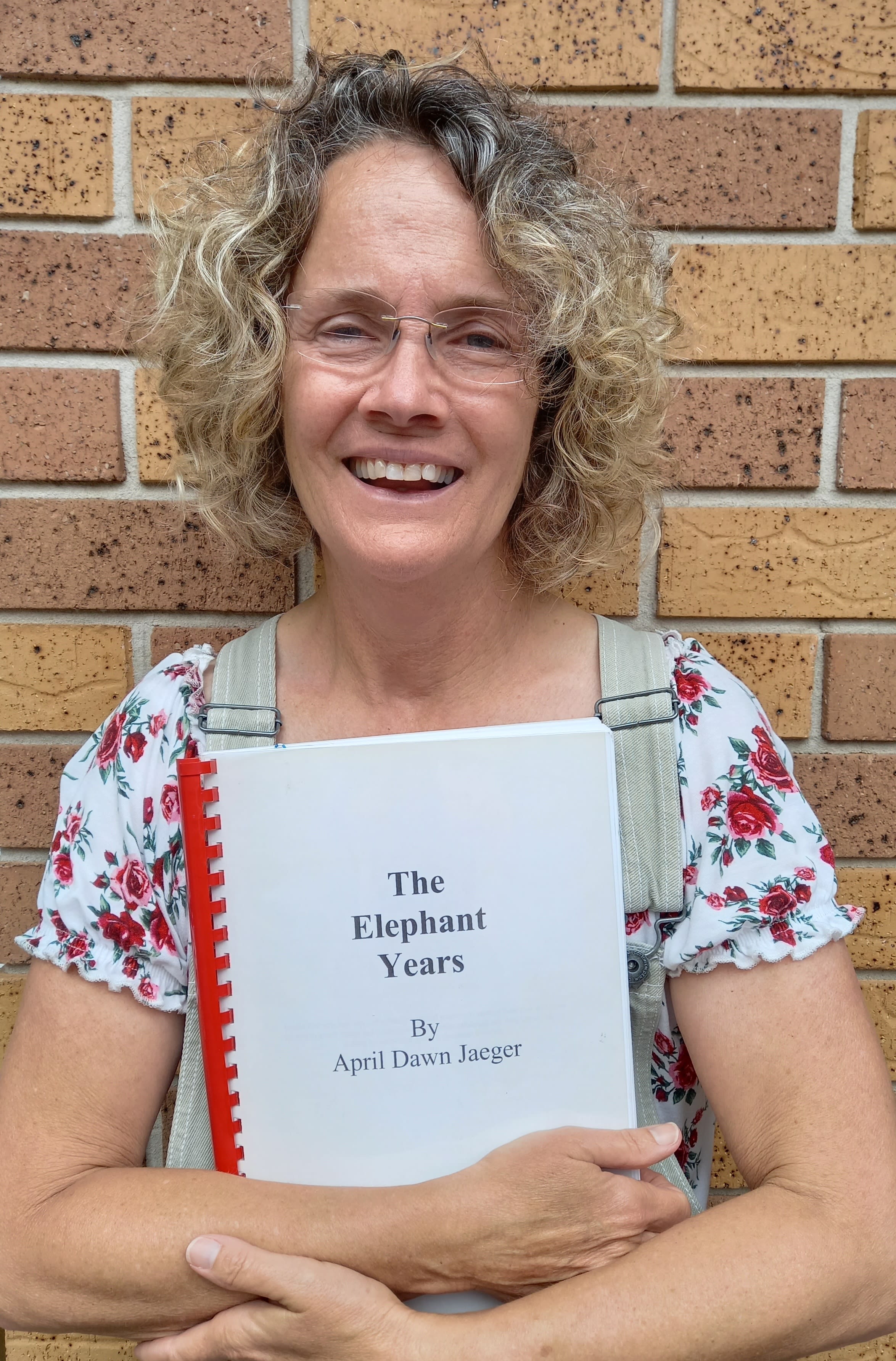
April Jaeger with her manuscript of "The Elephant Years". (Photo by Isabella Bergamo)
April Jaeger with her manuscript of "The Elephant Years". (Photo by Isabella Bergamo)
So, with this combination of challenges and support, Jaeger faces the journey of self-publishing her novel.
“What I hope to achieve is to be a successful author and, in a perfect world, have a global audience,” Jaeger says. But she’s also keeping her hopes for the future realistic, stating that her main goal is “the satisfaction of sharing something creative with anyone that wants to take a chance with reading my book.”
Jaeger’s novel, The Elephant Years, is a nature adventure story that will be hitting the shelves in the next twelve months.
“In this day and age, there are still so many wonderful stories to be told. And it's by all people, not just those who have had the training to be able to write. And I think if anyone has a story inside them, tell it, share it.”
-April Jaeger

